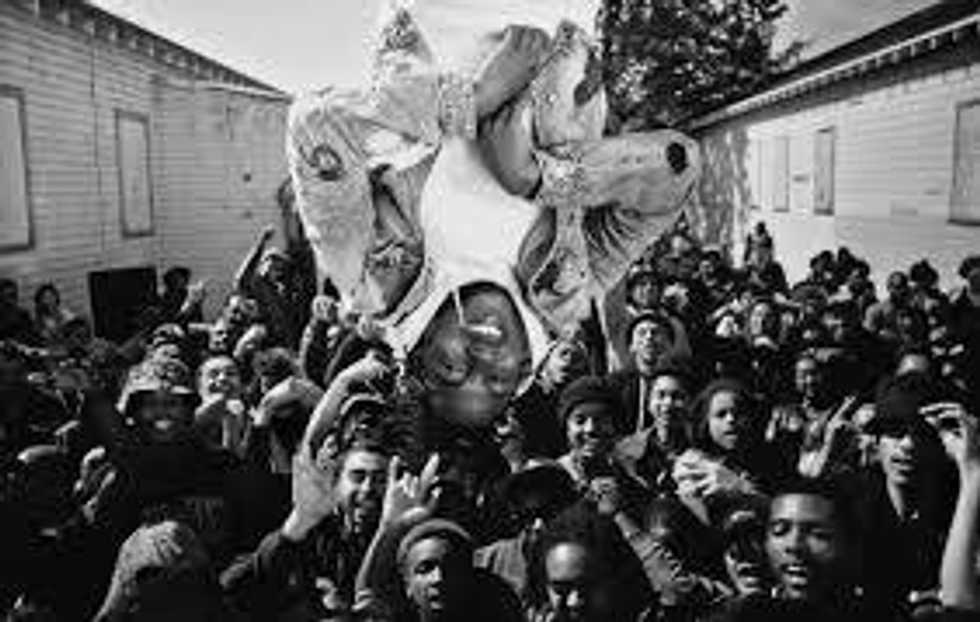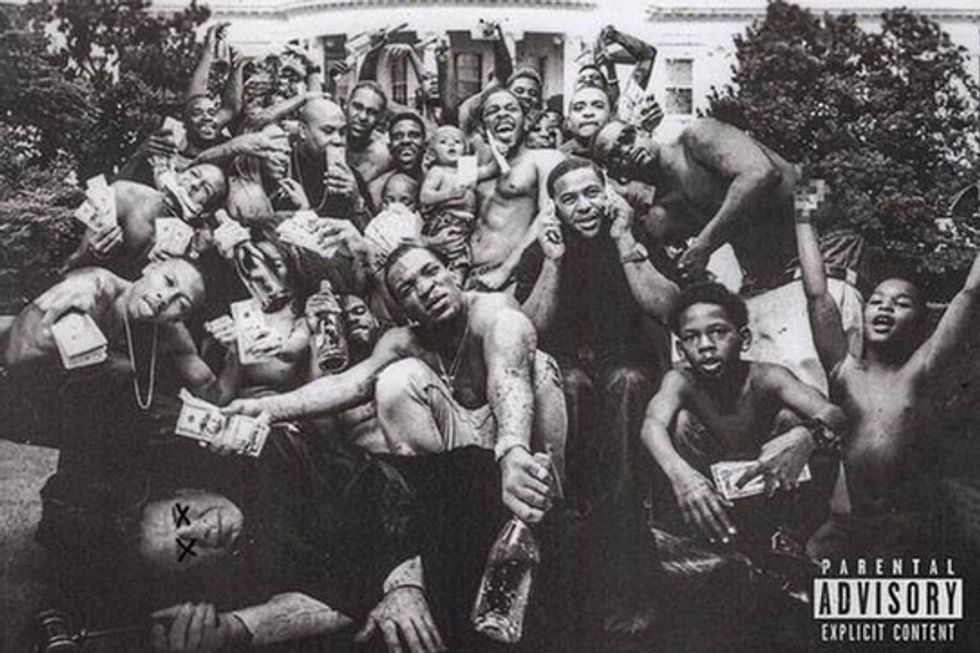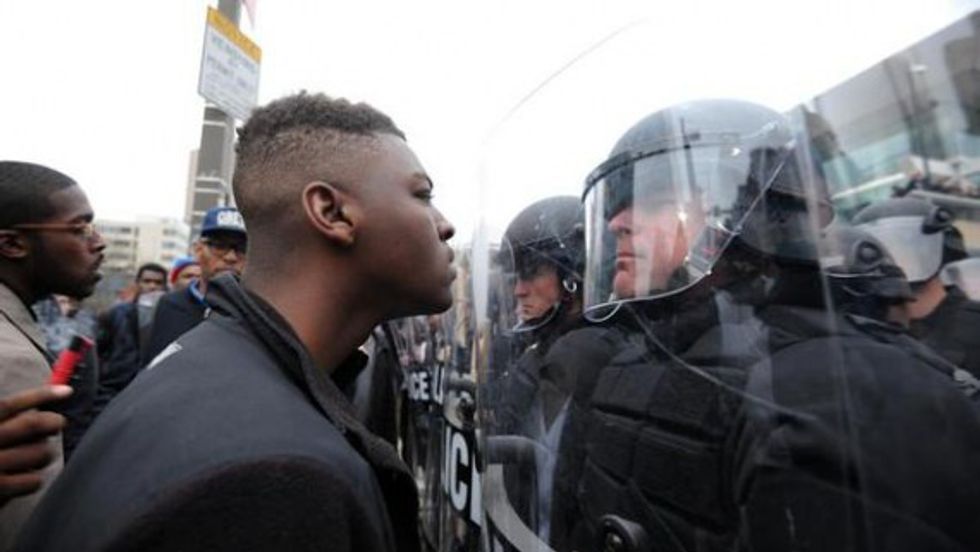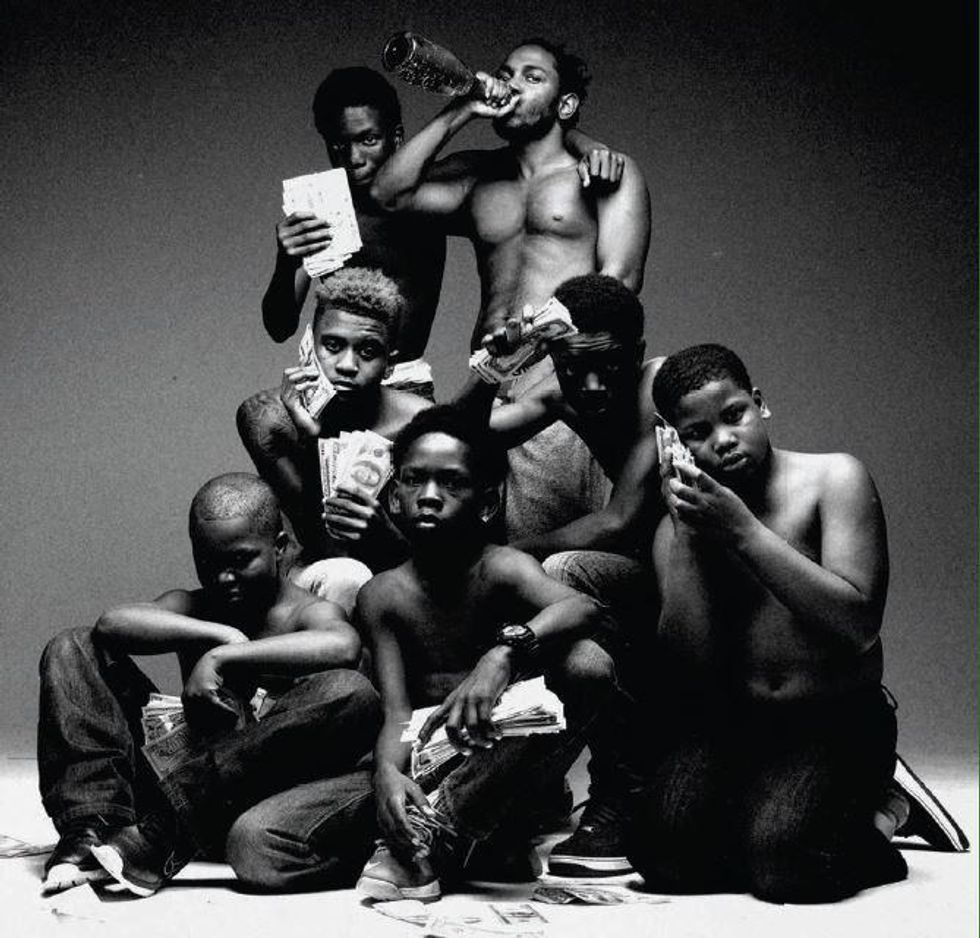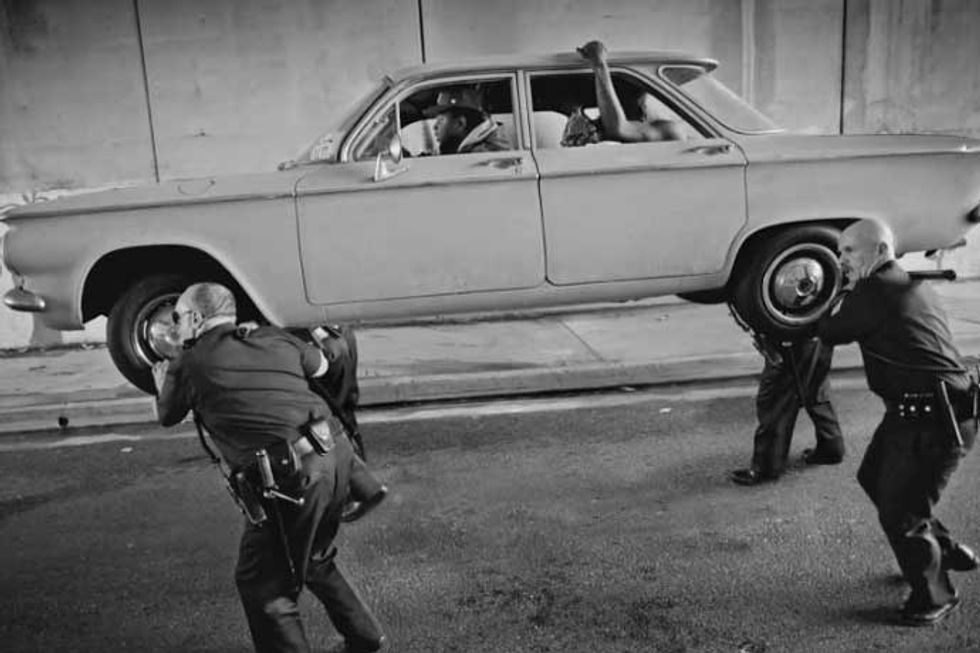It feels like every single week that passes by in the past two years, an innocent black life is taken by the aggression and degradation of the police departments in America. Because of these recent acts of police brutality in America, there have been quite a lot of violent uprisings and riots for the past year and a half throughout the black community. There is not a lot of hope or faith for things to eventually be all right, but Kendrick Lamar came about to fix that problem. On March 23 of this year, Lamar released his highly anticipated third studio album “To Pimp A Butterfly” amid all of the chaos. This album is filled with heavy spoken words and declaration of a new independence that we, as a race, intend to strive for.
One song in particular, titled “Alright,” rages with enthusiastic beats and has a structured chant as the chorus to remind us as the black race that “we gon’ be alright." Lamar’s song reminds me of a new age Negro spiritual, since we have been down before and will slowly rise up again. From slavery days to the civil rights movement era, the Black community would always have a song or chant to scream about their upcoming freedom in the clouds; they would shout to the heavens while the slavemaster would whip their backs or the water hoses would be set upon them. Songs such as “Ain’t No Mountain High Enough” and “Before I’d Be A Slave, Oh Freedom” are what our ancestors sang along to; with the new generation, we have the same inspiration, yet different songs to play. The civil disruption between Caucasian individuals and Black individuals has been ongoing for centuries but has continuously gotten even more violent. Kendrick Lamar released this album to keep his audience aware of the present.
Lucille Price Turner wrote a research essay titled "Negro Spirituals in the Making," where she detailed the reasons why Negro spirituals were relevant before and explained how they still are today: “Spirituals were the expression of a primitive and deeply religious people under stress of slavery; and that the making of negro spirituals in America had passed with the conditions that produced it.”
Turner then explains how spirituals are sung at her church; with everyone from different age groups and genders singing in harmony and chanting the words, “it’s like electricity.” Comparing that to Lamar’s “Alright,” the chorus of the song is what all shouts and sings together to soothe the pain of their surroundings:
“Alls my life I has to fight, n*gga
Alls my life I
Hard times like God
Bad trips like: "God!"
Nazareth, I'm f*cked up
Homie you f*cked up
But if God got us we then gon' be alright
N*gga, we gon' be alright
N*gga, we gon' be alright
We gon' be alright
Do you hear me, do you feel me? We gon' be alright
N*gga, we gon' be alright
Huh? We gon' be alright
N*gga, we gon' be alright
Do you hear me, do you feel me? We gon' be alright”
On June 30, Lamar released the video to the single “Alright" after performing the hit at the annual BET Awards. The 7-minute-long video detailed Lamar as being an idol in the black community today. The entire video was filmed in black and white to give off darkness, which is what our world is filled with as of now: hatred, sadness, and violence.
I spoke with a friend of mine, Andrene Casserley, to see what her point of view was when watching the video. The main thing that she pointed out was before the beginning of the song, saying the white male cops carrying the four black men in their car portrayed as a casket was “highly mesmerizing because it shows the black lives that were lost.”
Casserley then described the visuals and screenplay to be “dope and on point with our current situations with the ongoing violence.” In the video, you see Lamar as a role model for the community that everyone looks up to, which is why the city continues to rejoice and sing along with him. Even in the last minute of the video, when Lamar is shot down by a white policeman, Lamar then smiles at the aftermath to prove that his message of “we gon’ be alright” is true.



